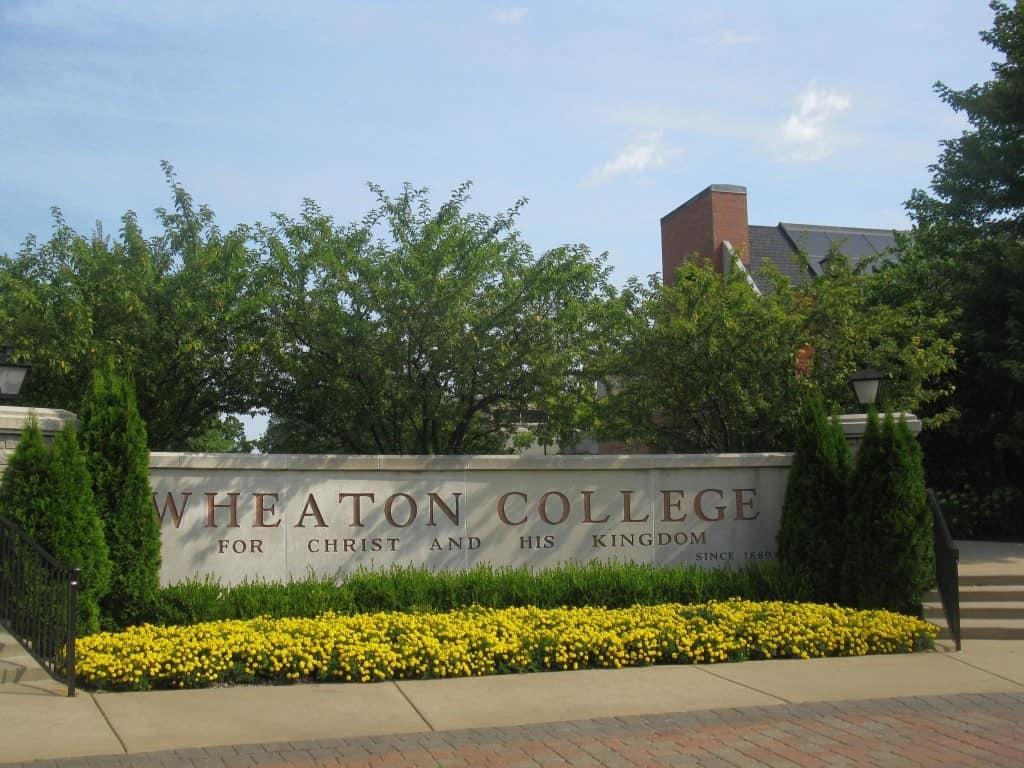
Why Wheaton College and Dr. Larycia Hawkins Matter to Me
January 12, 2016
My alma mater, Wheaton College, has been embroiled in a controversy regarding one of their tenured professors which has attracted national, and I suppose by the fact that I’m blogging about it, international attention. I won’t rehash the details of the story as it is easily accessible in articles from Chicago Tribune, Time, and NPR. There has also been plenty of think-pieces written by religion reporters, Wheaton faculty, and a statement from Dr. Larycia Hawkins herself. I am not a reporter, nor is this an Op-Ed piece— this is my personal blog, therefore I think it is appropriate for me to document my response to the controversy, and offer some reflections of how all of us who claim a distinctive Christian faith can engage with the communities we inhabit.
Wheaton is a highly reputable, prominent academic institution of a distinctly evangelical heritage. In the four years I attended Wheaton, I forged and solidified my faith identity as an evangelical Christian. But for anyone who has followed my blog, you will know that I have had some contentious struggles with my faith, and in these internal soul-wrestling matches, the face of my enemy often wears the masks of the institutions of my past. In two years of my public writing about faith, I have never once specifically named Wheaton, although I have referenced my evangelical background many times. Part of the reason is because as my theology has moved to the left of Wheaton, my orthodoxy becoming far more generous than Wheaton’s doctrinal stance, I have wanted to create distance between myself and that identity. For example, when Wheaton College announced a lawsuit against the Obama administration over the issue of insurance coverage for contraception, I honestly felt it was an embarrassment to be associated with an institution who cared more about winning culture wars than for what she claims as a motto, “For Christ and His Kingdom.”
The other part of the reason is intensely personal. With my faith shift, I have felt the sting of isolation and exclusion. It doesn’t take many fellow Christians who tell me I am ‘dangerous’ for me to internalize some of the shame. I refrained from publicly stating I am a Wheaton alum, because I felt Wheaton would be ashamed one of theirs could turn out like me. Like a child who feels like she has dishonored her family name, I felt it more safe to distance myself, where I can’t hurt them and they can’t hurt me.
When I heard the news of Dr. Larycia Hawkins deciding to adorn a hijab standing in solidarity with Muslim neighbors, I was surprised in the very best way. I chided myself for being too cynical, for not giving enough credit to evangelicalism to being open to the Spirit of change. I had forgotten that as I have evolved, the institutions which formed me are also breathing new life into each generation, instead of remaining in the stale theologies which suffocated me. As a woman of color, Dr. Hawkins somehow represented me, a minority who held a strong voice of justice and compassion in that predominantly white community. To see a faculty member stand up for values I believed in, in embodied solidarity for a group targeted unjustly due to political rhetoric, intruded my life with unexpected hope.
Within days of her announcement, the college admin placed Dr. Hawkins on suspension, then moved to begin proceedings to fire her. Right on cue, the establishment acted swiftly to squash any voices from the margins. It didn’t matter that Dr. Hawkins upholds Wheaton’s Statement of Faith. It didn’t matter that other professors have made similar remarks without penalty. All it mattered was to communicate a clear message: doctrinal commitment stands over and above a prophetic voice of compassion. She does not and cannot belong with Wheaton. The impact of admin’s actions rippled all the way through the international waters to me: you do not and cannot belong to this community of faith.
As recently as just a few years ago, I would have scoffed at this news, shrugged my shoulders because institutions have to institute, and go to hang my Wheaton diploma upside down over the toilet, as one of our Wheaton friends have done. But not this time. Right now I am telling myself a different story, one that is perfectly worded by Dr. Larycia Hawkins herself, “While Wheaton College can signify that employees sign a statement of faith and adhere to it — and I do — they did not give me Jesus, and they can’t take him away from me.” As powerful a role as Wheaton played in my own faith formation, Wheaton did not give me Jesus. And the Spirit of God remains with me and continues to speak into my life, most notably through my friends and communities in the margins, those cast out of church in the very worst ways. And that Spirit whispers again and again, wooing me back to Herself. She says I do, and will always belong as I am compelled to love rightly, to do justly, and to walk humbly in the ways of Jesus.
Wheaton taught me to live in this world but not of it. I was trained to engage with academic ideas from a distinctly evangelical worldview. I learned to think critically, to both form and be formed by the communities I moved into post graduation from the lens of evangelicalism. But what I was never taught was how to protest from within. I was not given tools to speak back into the very heritage I was brought up from. I was not empowered to have a voice that dissents from the status quo. Even today, when I share my opinions on this matter, I am told to maintain Christian unity.
Christian unity has never meant homogeneity. The Holy Spirit dealt diverse gifts and claims each are essential to the Body of Christ. I loved Wheaton and I love her still. I especially love the contingent of the Wheaton community who, like me, find ourselves on the edges of orthodoxy—who care more about loving the way Jesus did than having right beliefs about him. I was wrong to assume Wheaton would be ashamed of me and has no need for my voice. I claim my right to speak into this situation not just with the authority of my diploma, but with my commitment to the Body of Christ, a rich and beautiful heritage I am honored to uphold. The Body needs all of her parts to become agents of salvation in our hurting world. She needs especially the most vulnerable: the children, the disabled, the racial minority, the sexual minority, the foreigner to call her to the vision Jesus gave us—to plant resurrection hope wherever there is suffering and pain.
She needs your voice, my voice, and Dr. Larycia Hawkin’s voice.
I stand with others for Dr. Larycia Hawkins, not because I am cynical and resentful against Wheaton, but because I am learning to participate and share in the process of cultivating faithfulness in my own tradition. I want desperately for the students, my alma mater, at Wheaton to have what I never had, a woman of color with a strong voice, calling out for embodied solidarity—for Christ and His Kingdom.
May it be so: #ReinstateDocHawk


